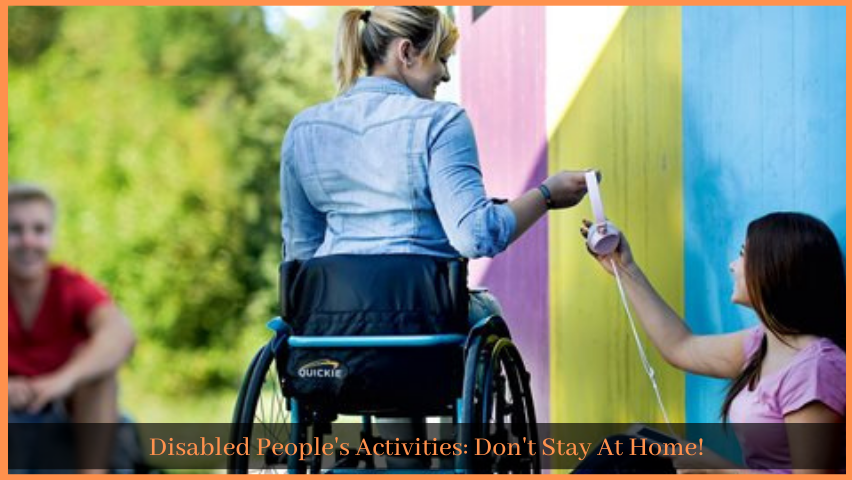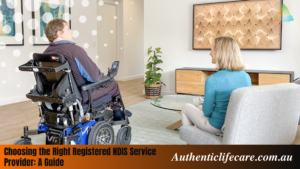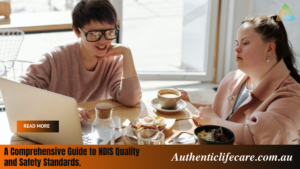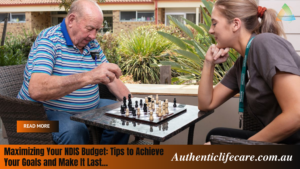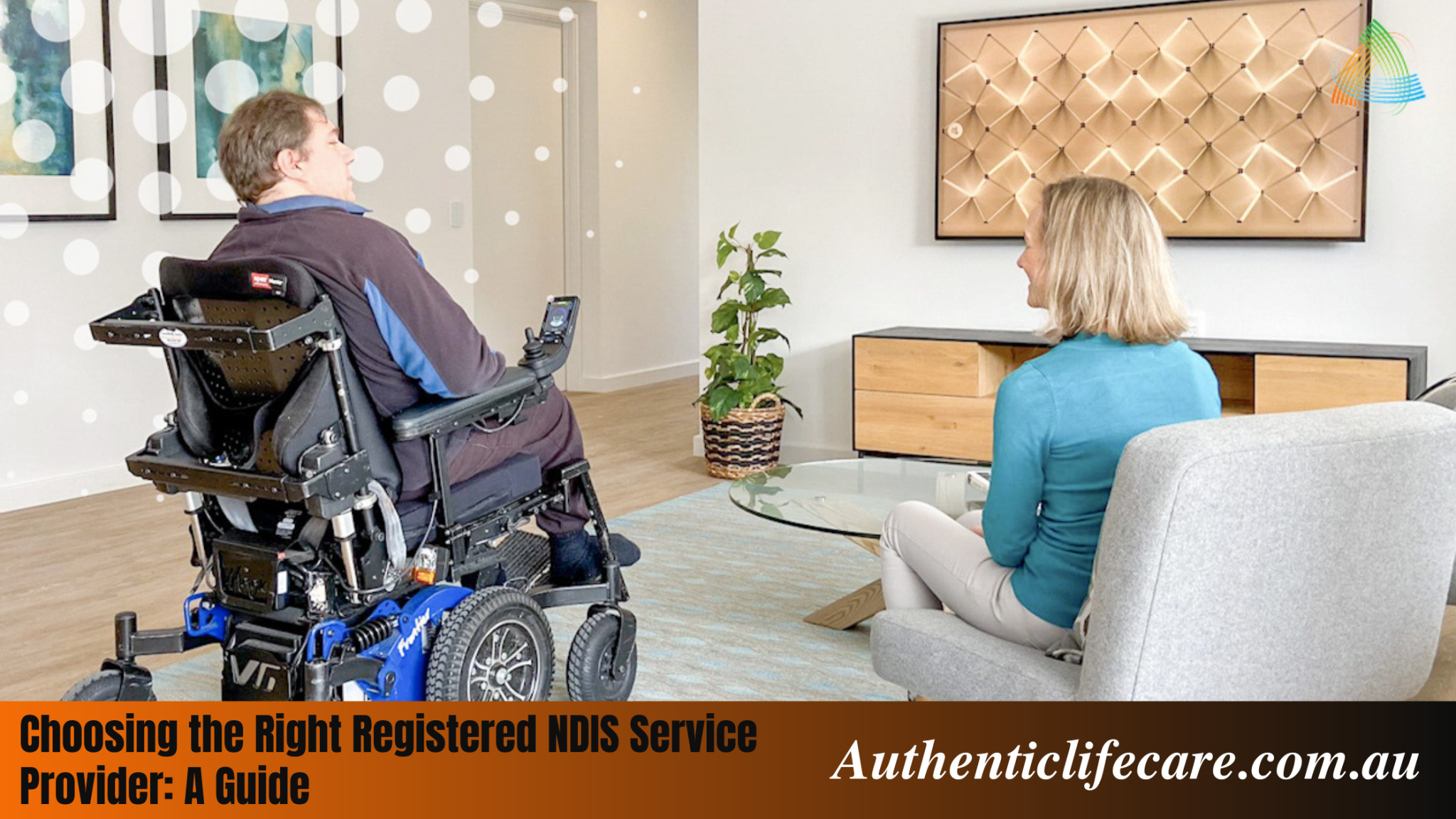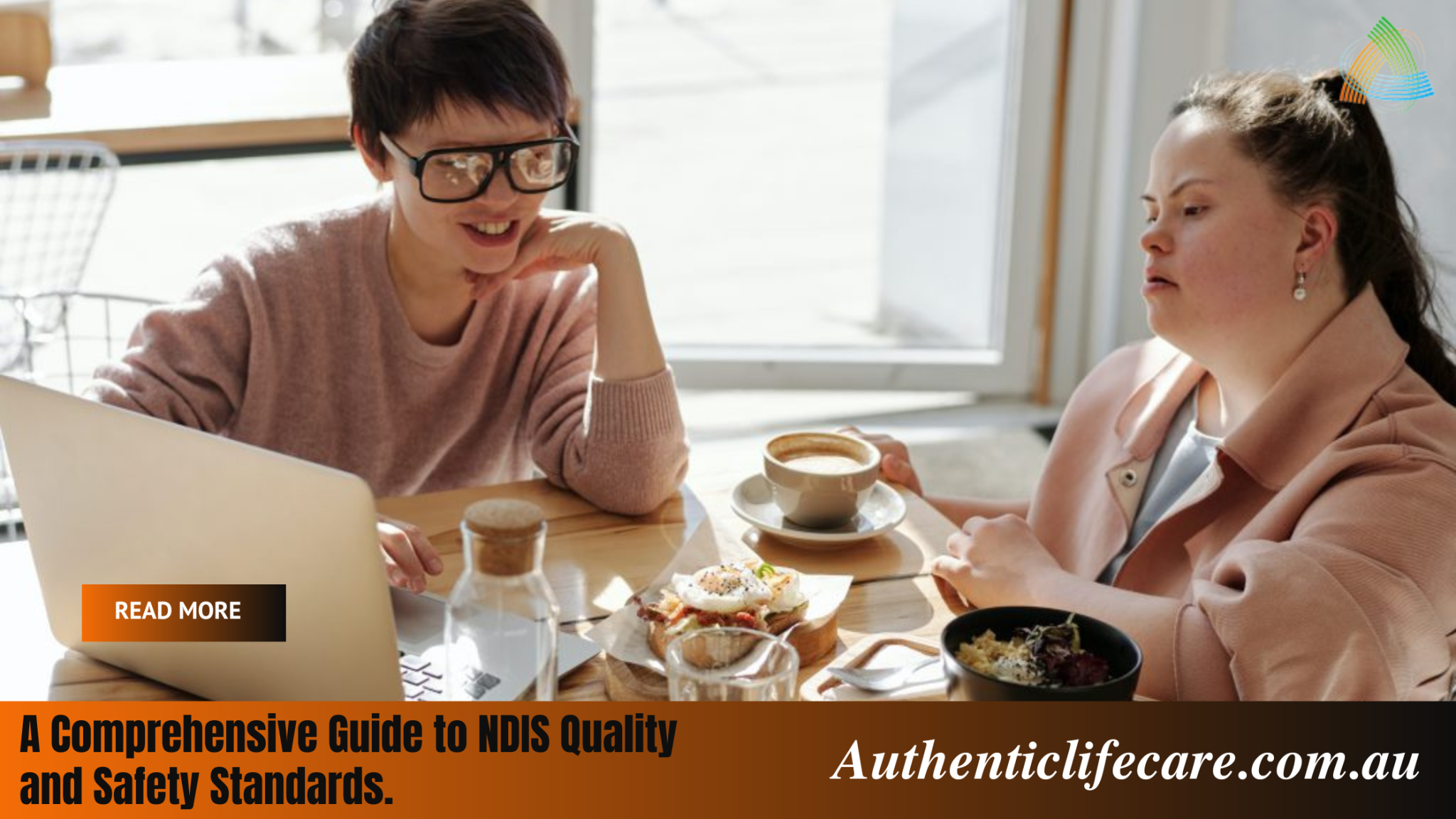People with disabilities have been motivated more than ever to lead an active life in recent years. That is not only because your mood and wellbeing can be improved and affected by a more active lifestyle, but also because you will feel more integrated into society.
Get ready, the list of events we have set up for individuals with disabilities is almost as large as your hopes.
Activities for every personality
There are some common adapted sports that individuals with disabilities enjoy (wheelchair tennis and basketball, adapted rugby and hand cycling, among others). You will find a lot of followers and competitions for customised sports, so it will be easy for anyone to find a partner to train with.
Another excellent choice for staying active is open tourism. To have a positive influence on the lives of disabled people, many cities are upgrading their infrastructure. Don’t miss it!
There are several alternatives in terms of culture: adapted museums and accessible sites of heritage, and common rehabilitation routes designed to stimulate other senses in people with sensory impairments.
These are the most common, but there are many other activities designed for people with disabilities where there is no significant concern about the degree of impairment and age.
We’ll give you some suggestions for choosing yours here:
Music Therapy: waking your thoughts
Not only mentally, but physically, music therapy is helpful. This project is typically done in the community because it allows people with disabilities to boost their group membership and self-employment.
Physically, if the practise often involves singing, dancing, instrument playing or body language, it may be beneficial to keep motor functions fit because of the movements and exercises.
Wii Therapy: Improving your mobility
On a cognitive level, video games have a lot of promise, and can also act as a therapy tool. Video consoles are available that have platforms such as the Wii Balance Board that allow joint stability, balance, visual-manual coordination, physical resistance and reflexes to be improved.
Many games also encourage community participation of individuals with various disabilities, fostering inclusiveness. In socio-health centres or similar, and often under the guidance of physiotherapists, “Wii Therapy” should be practised to make the most of it.
Gardening: no-stress treatment
For both therapeutic and recreational purposes, therapeutic gardens and allotments are used as an activity for people with physical and intellectual disabilities. The advantages of creating or engaging actively in the care and maintenance of a garden or allotment are connected to the emotional connection that each person creates with the plants and the natural environment.
“therapeutic gardening” thus brings with it a range of physical, emotional and cognitive advantages that can alleviate stress and minimise stress.
Swimming pools: therapy for physical and neurological reasons
For years, water has been used as a healing method, and the practice of aquatic sports has a clear association with improving health. That is why a lot of people do it and it is one of the most popular adapted sports for individuals with physical disabilities.
Some of the examples of practices that greatly boost the functional capacity, psychomotor skills and physical condition of the participants are aqua-gym, cycling, passive stretching and therapeutic hydrotherapy.
These activities are particularly useful in the treatment or recovery of pathologies of neurological origin, such as spinal cord injuries, head injuries, cerebrovascular events, neurological system degenerative disorders, spinal atrophies or spina bifida.
To lead an active life
For several reasons, activities for people with disabilities are significant, but we will address two here. The first is that they are good at the physical and psychological level; the second is that many of them are meant to be carried out in groups, both with people with disabilities and those who are not, so they act as the backbone of social relationships, enabling you to meet individuals and move both physically and socially outside your usual environment.
On the other side, you have to keep in mind that exercise and physical-recreational activities will help you lose calories and retain muscle tone. This implies that every activity, also of low intensity, is good in that sense and helps speed up the metabolism.
The enhancement in your blood supply and getting to sleep more quickly are other advantages that you can find in your health if you lead an active life. The exercise will improve your capacity to focus and alleviate tension at a psychological level.

